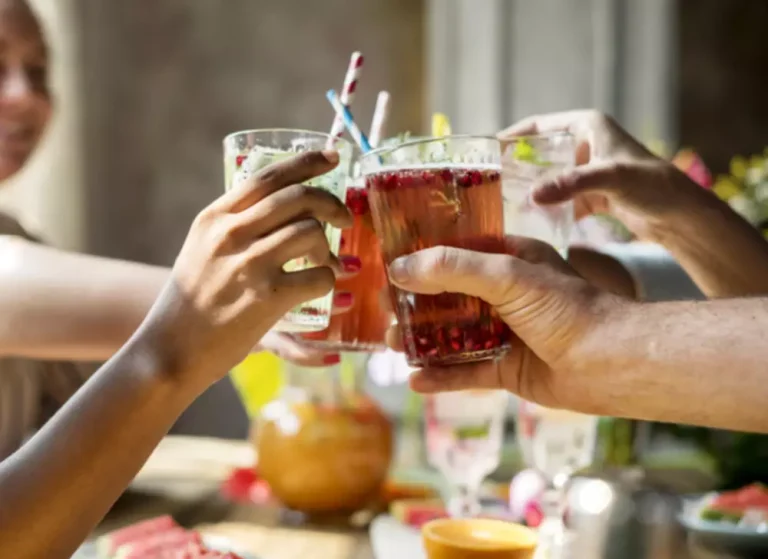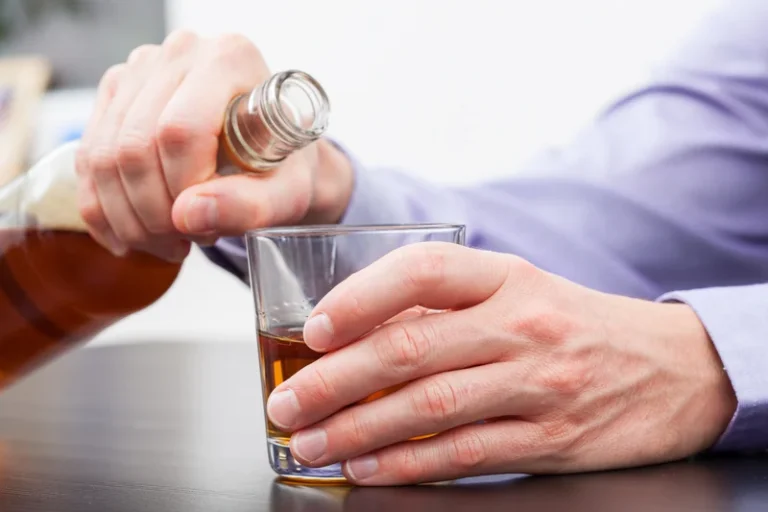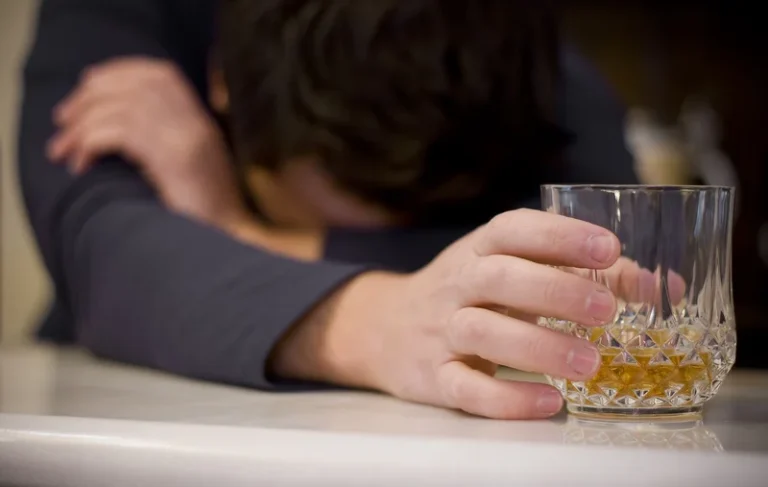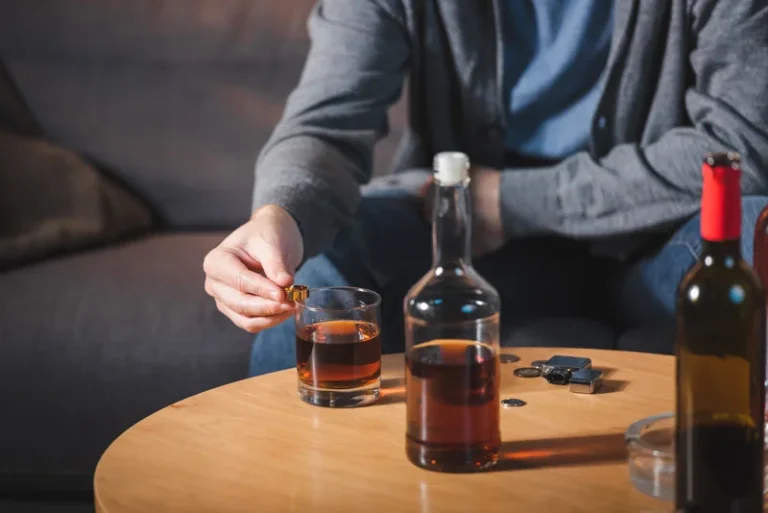
There are a multitude of different treatment options available for those struggling with depression and an alcohol use disorder. It is important to understand that while it can be helpful to know the different types of treatments available, what is most important is deciding to seek treatment in the first place. Holistic activities are intended as supplemental support, and not as a direct treatment for depression. However, when combined with therapy and medications, the impact can be quite significant in a short period of time. Depression and alcohol use disorder, often concurrent conditions, share many of the same alarming signs and symptoms. Deciding to seek help for alcoholism and depression is the first step to taking back control of your life.
Careers at NIMH
The connection between drinking alcohol and depression is a complicated “the chicken or the egg” conundrum. Treatment often includes an integrated approach to simultaneously address both alcohol use disorder and depression. Several medications and behavioral treatments can help with both depression and AUD.
Alcohol And Depression Treatment
Anyone—even those who love the season—can experience the holiday blues. The season’s demands, gatherings, decorations, and other stressors leave many people stressed and exhausted. Add to this the sometimes emotional aspect of special days, and it’s a recipe for the doldrums. Information about NIMH, research results, summaries of scientific meetings, and mental health resources. The latest information and resources on mental disorders shared on X, Facebook, YouTube, LinkedIn, and Instagram.
Getting help if you’re worried about your drinking

Second, the possibility that a longer term anxiety or depressive disorder exists in an alcoholic must always be considered. Schuckit and colleagues have studied the rates of psychiatric disorders in COA’s from a variety of perspectives. In this followup study, although the sons of alcoholics were three times more likely to develop alcohol abuse or dependence, they showed no higher rates of major depressive disorders or major anxiety disorders during the followup period. Fortunately, several important ongoing studies will help answer some remaining questions regarding the treatment of coexisting depressive or anxiety disorders in the context of alcoholism.

Signs & Symptoms
Be sure to spread those drinks out evenly over the week and have drink-free days in between. TMS is a newer procedure used when an individual’s depression symptoms have been resistant to more traditional forms of treatment. TMS uses magnetic pulses to stimulate parts of the brain to increase neurotransmitter production, similar to how medications are intended to act. This treatment approach is more direct alcohol and depression than medications and can produce excellent results. CBT is one of the most well-known and researched therapies and has an excellent track record for treating depressive symptoms. CBT operates on the concept that being able to recognize and better understand the connection to one’s thoughts, feelings, and behaviors can assist in reducing negative thoughts and promoting positive behavior change.

This often leads them to find ways to “manage” their depression and often results in alcohol use disorders (AUDs) developing. And drinking alcohol, which depresses the central nervous system, can lead to more depressed feelings in those already suffering from depressive and other mood https://ecosoberhouse.com/ disorders. Many randomized trials have investigated treatments for co-occurring AUD and depressive disorders. In this section, trials that used medication and psychotherapy treatments are discussed, as are the effects of those treatments on depressive symptoms and AUD symptoms.
Major Depressive Disorder (MDD)
Outpatient treatment may only be an option if a person’s current level of physical dependence does not necessitate the need for inpatient treatment. You might also want to consider natural supplements such as tyrosine, 5-HTP, and ashwagandha to help rebalance your brain’s neurotransmitters. Just check with your doctor before trying these, especially if you’re taking medication.
- Unfortunately, using alcohol as a way to self-medicate depression can significantly impact physical and emotional well-being.
- Some people who take selective serotonin reuptake inhibitors (SSRIs) may become severely intoxicated when they use antidepressants.
- Between the ages of 26 and 32, D’Alessandro tried to get sober multiple times — but always to appease someone else or salvage a relationship.
- Many studies have found that alcohol dependence is closely linked to depression.
- You can determine whether your patient has AUD and its level of severity using a quick alcohol symptom checklist as described in the Core article on screening and assessment.
- If you have depression and anxiety and want to drink alcohol, there are some considerations.
- This may be because they ‘self-medicate’, meaning they drink to deal with difficult feelings or symptoms.
- One way to differentiate PTSD from autonomic hyperactivity caused by alcohol withdrawal is to ask whether the patient has distinct physiological reactions to things that resemble the traumatic event.
- Also, teens who’ve had a bout of major depression are twice as likely to start drinking as those who haven’t.
- Long-term heavy drinking can also cause permanent changes to the brain, such as problems with understanding, remembering, and thinking logically.
